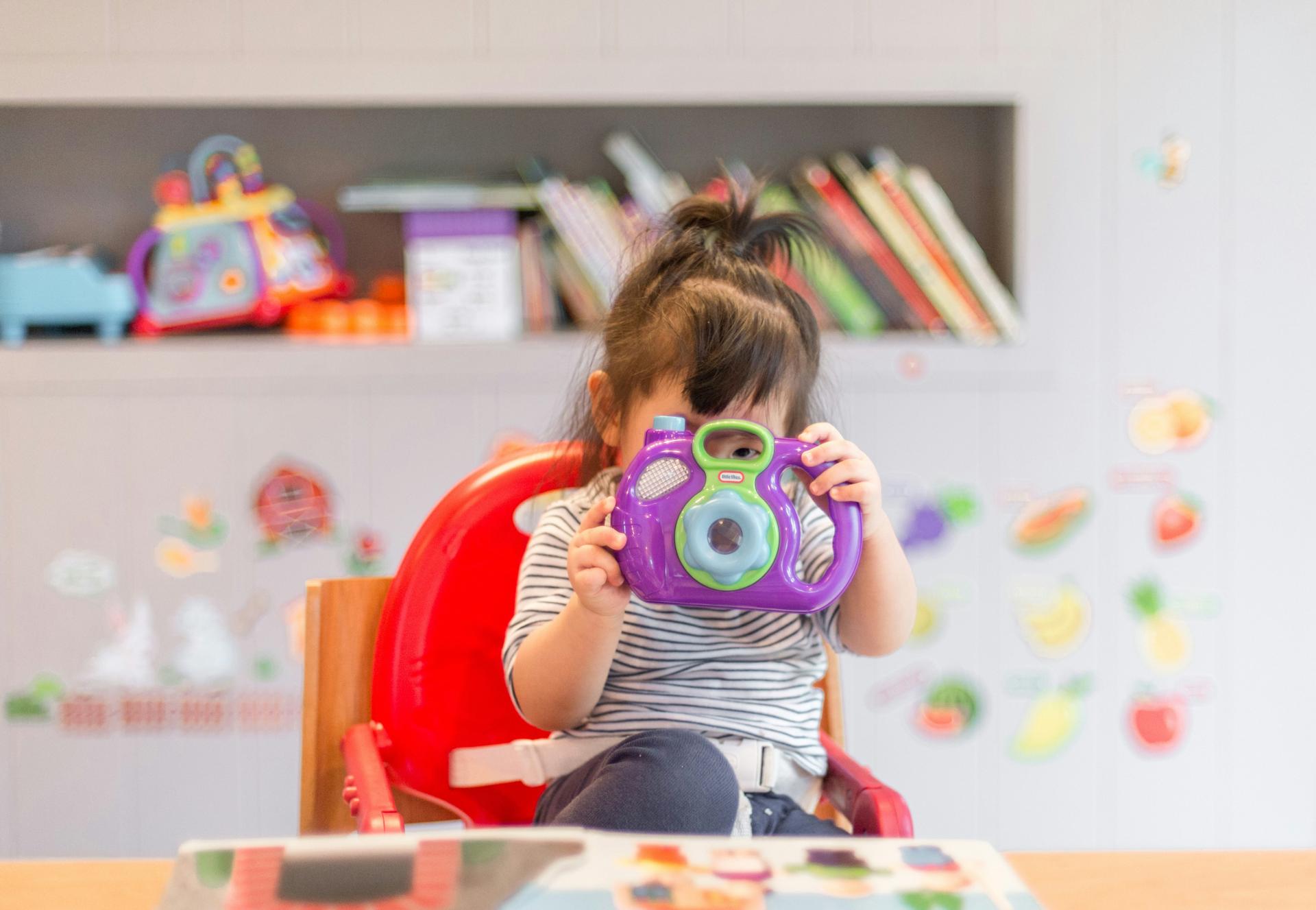Mathematics and its role in children's school life and clever ways of learning pre-kindergarten.
Mathematics is important in all aspects of life, from everyday transactions to games and lifelong skills that affect our children's academic performance.
Therefore, it is not surprising that parents are always concerned about their children's mathematical understanding. If you are a parent or teacher and are interested in a way to help your child's math fluency, then this article may help you.
Calcularis is a scientifically developed app for personalised learning that is designed to help children between 6 - 10 years old conquer fundamental math concepts.
Mathematics and its role in children's school life
Mathematics plays a key role in children's school life, offering many benefits beyond the study of numbers and calculations. The main ways in which they help children's school life are as follows:
Developing critical thinking and problem solving
Mathematics teaches children how to analyse data, think logically and solve problems step by step. This enhances their ability to find solutions to everyday situations.
Improving self-confidence
Solving mathematical problems and understanding concepts boosts children's confidence as it gives them the satisfaction that they can succeed in difficult tasks.
Exercising discipline and concentration
Mathematics requires attention to detail, concentration and patience. These skills are essential both in school life and in future professional and personal challenges.
Cultivating time management skills
Proper time management for solving mathematical tasks helps children to better organise their time for exams and other commitments.
Links with other sciences
Mathematics is essential for understanding other school subjects such as physics, chemistry, technology and economics. They provide the basis for understanding complex scientific phenomena.
Enhancing creativity
Despite its rigid structure, mathematics encourages creative thinking through exploring different ways of solving a problem.
Preparing for the future
Mathematics is essential in everyday life, in professional activities and in decision-making (e.g. financial management, calculation of statistics).
Although often considered difficult by children, maths is a foundation for success in school and work, while also reinforcing life skills that are critical at every stage of their lives.
Can learning multiplication table be fun?
Learning multiplication table can be made fun and enjoyable in clever ways that help children understand and remember it. Here are some ideas:
Songs and Rhythms
Creating or using songs and rhythms for each number in the multiplication table helps children remember multiplications more easily. You can use familiar tunes or make up your own songs.
Games with Cards
Use cards that show a multiplication on one side (e.g., 3x4) and the answer on the other. Children can play alone or with friends to practice.
Use of Objects
Use objects, such as buttons, blocks, or fruit, to show multiplication. E.g., for 3's practice, show groups of 3 objects (3, 6, 9, etc.).
Digital Games
There are many apps and interactive games that teach prep education in a playful way. These platforms keep children's interest and encourage continuous practice. In the app Calcularis, the questions are adapted to the child's stage and modulated according to their progress.
Training with Movement
Turn multiplication table into a physical activity as children can jump around saying each multiplication, with each correct answer, children take a step forward.
Coloured Charts
Make a chart with the multiplication table where children fill in the correct results with coloured markers. This reinforces memory through visual repetition.
Stories with Numbers
Create stories to explain multiplication. E.g., "The cat had 4 legs. If we had 3 cats, how many legs would we have in total?"
Magic Μultiplication Τable
Teach children the "magic tricks" of multiplication table, such as: Times table of 9: The results are always minus 1 for the first number and add 9 for the second (e.g., 9x3 = 27, 9x4 = 36). Times table of 5 : The results alternate between 0 and 5.
Challenges and Rewards
Create competitions or small challenges, such as learning a predicate in 5 minutes, and offer rewards for practicing correctly.
Room Multiplication Table
Place a large times table board in the room or where children are studying. Constant exposure helps them learn it without effort.
The basic idea is to turn learning multiplication table into an interactive and enjoyable activity. This way, children will have fun and learn at the same time!
Calcularis: Empowering Mathematical Competence
Calcularis takes a unique approach to mathematical education by offering a diverse range of math exercises that adapt to your child's individual pace and level of understanding. This tailored learning experience ensures that your child can confidently grasp math concepts and build a strong mathematical foundation at their own pace. Using colors, shapes, animations and elaborate number line presentations it facilitates all learners including those with dyscalculia to progress and improve problem solving by 45% within 3 months of regular practice.
What Sets Calcularis Apart?
The Calcularis stands out for its adaptability, as it is aimed at children at different stages of their mathematical path. Whether your child is beginning to explore mathematical concepts or aims to excel in more complex subjects, Calcularis provides valuable support tailored to their needs.
Proven Educational Benefits
For parents seeking proven results, Calcularis has undergone scientific evaluation, confirming its effectiveness in enhancing learning outcomes.
Experience the benefits of Calcularis firsthand by taking advantage of the 3-DAY FREE TRIAL.

Maria Karachaliou
Maria, founder of Momizen and mom of three, is all about making life easier (and more fun) for parents. She’s on a mission to help families discover the coolest after-school activities, while connecting them with local gems. Parenting hacks, local spots, and tons of fun—find it all on Momizen! She holds a degree in Psychology and a master’s in Business from the University of Kent.





